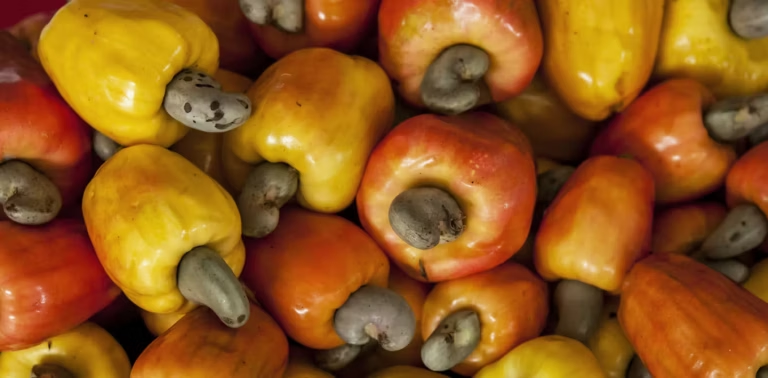The standard narrative is simple: the China International Import Expo (CIIE) helps Nigerian products, like cashews, find a market. But the real story is far more strategic. Nigeria isn’t just selling goods; it’s using the CIIE as a lever to execute a fundamental economic pivot—from a raw material supplier to a value-creating partner.
This isn’t just about export growth; it’s about supply chain sovereignty.
The “Cocoa Bean” Lesson
The real significance of the $1.2 million cocoa deal isn’t the price tag. It’s the identity of the buyer: one of China’s largest cocoa bean processors. This signals a crucial shift. Nigeria is no longer just shipping raw beans; it’s forging direct partnerships with the industrial giants who transform them. This moves Nigeria up the value chain, capturing more revenue and gaining strategic insight into global manufacturing.
The “Adire” Gambit: Trading Culture for Connection
The showcasing of Adire fabric is a masterstroke. By leading with culture, Nigeria is building a brand that transcends commodities. It creates an emotional connection with Chinese consumers, making “Nigeria” synonymous with heritage and craftsmanship, not just raw materials. This cultural capital is the foundation for future deals, opening doors for higher-value exports in design, fashion, and creative industries.
The “Peanut” Precedent: A New Model for Market Access
The peanut agreement is the new blueprint. It’s not a one-off sale; it’s a structured market-access pact. Nigeria is using its participation in the CIIE to negotiate systemic changes that dismantle trade barriers. This transforms the expo from a simple marketplace into a diplomatic engine for long-term, stable trade relationships.
The “Global Village” Effect: Beyond China
The sesame deal with a Georgian trader reveals the CIIE’s true power: it’s a nexus for global South trade. Nigeria is using its platform in Shanghai to connect with other emerging economies, building a diversified trade network that reduces over-reliance on any single partner.
In this light, Nigeria’s goal to become an “official partner country” is the final piece of the strategy. It’s a move from a participant asking for a seat at the table to a co-host helping to set the menu. The CIIE is not just a storefront for Nigerian products; it is the staging ground for Nigeria’s strategic reinvention in the global economy.

